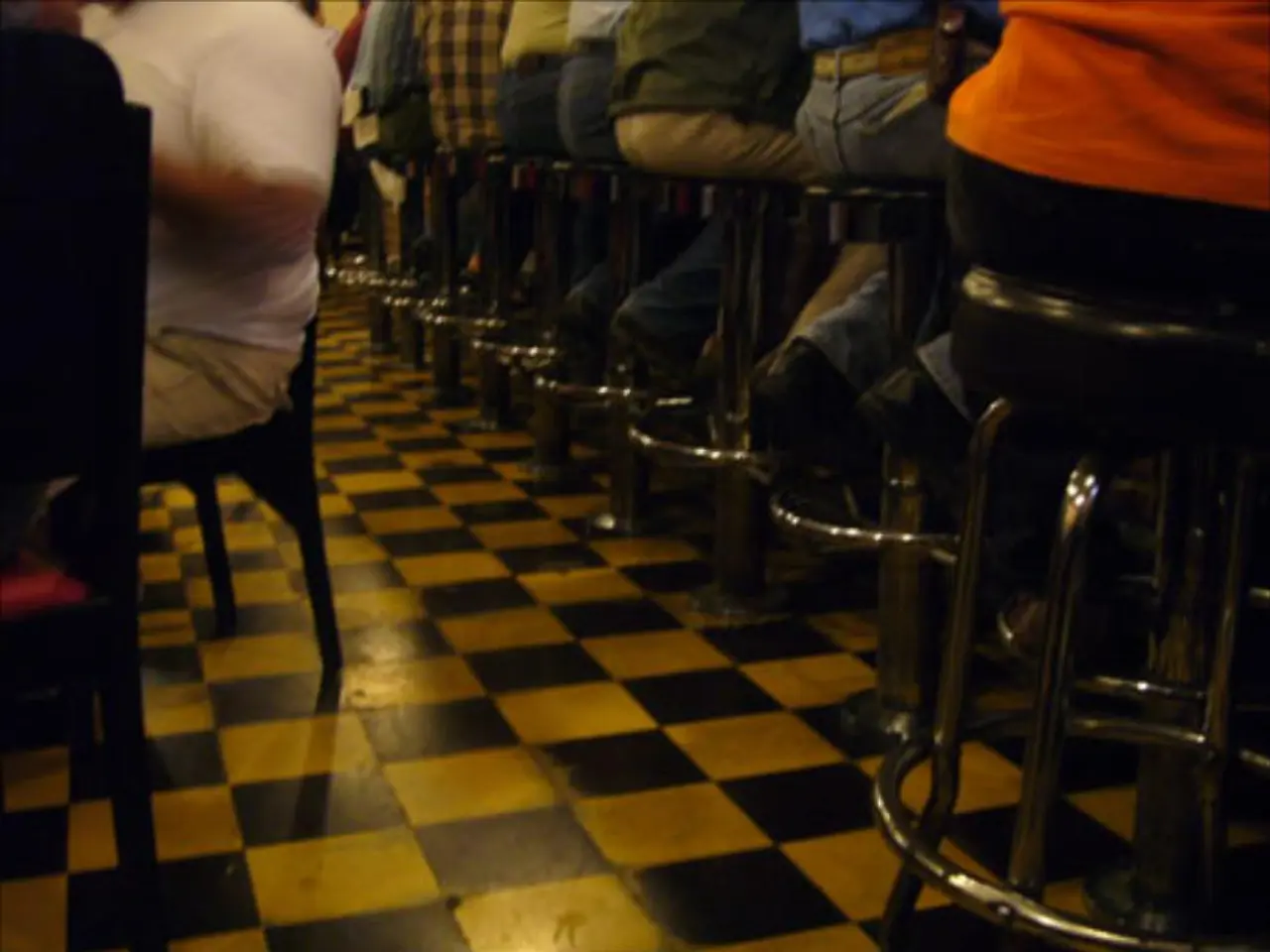Post-Colonoscopy Discomfort: Potential Reasons and Additional Information
A colonoscopy is a preventive procedure used to examine the colon for possible cancer, disease, or other growths. While the procedure is generally safe, there are certain complications that can occur, some of which may cause chest pain.
Risk factors for complications during a colonoscopy may include difficulty of the procedure and the presence of underlying conditions. For instance, being female, having underlying bowel pathology, or having any form of intervention can increase the risk of pneumothorax, a collapsed lung, which is a very rare complication with only 22 reported cases.
Other less common but potentially serious complications of a colonoscopy that can cause chest pain include cardiopulmonary events such as arrhythmias or cardiac ischemia. Although rare, these conditions may be triggered by the procedure, sedation, or bowel preparation. In rare cases, light sedation can even cause issues like a collapsed lung or nerve damage.
Serious GI complications like bowel perforation or severe bleeding primarily cause abdominal symptoms, but can occasionally lead to systemic issues such as pain radiating to the chest or shortness of breath if complications like mediastinal emphysema or sepsis develop. However, these are far less common sources of chest pain.
Side effects from bowel preparation agents used before colonoscopy, such as polyethylene glycol, can rarely include chest pain, possibly related to electrolyte imbalance or other adverse reactions.
It's important to note that complications from a colonoscopy are rare, but can include chest pain. In a 2019 study, the two most common complications of colonoscopy were hemorrhage (1%) and bowel perforation (0.1%). Subcapsular hematoma of the spleen, another rare complication, has an occurrence rate of approximately 0.004%.
If a person experiences chest pain shortly after a colonoscopy, it's crucial to contact a doctor. This could indicate a collapsed lung or other underlying health conditions. Treatments for colonoscopy complications will vary based on the doctor's recommendations and the specific complication. A person should work with a doctor for diagnosis and treatment.
In summary, chest pain following colonoscopy is most often related to cardiopulmonary events potentially triggered or unmasked by the procedure and sedation. Serious GI complications rarely cause chest pain unless progressing to severe systemic illness. Any chest pain after colonoscopy warrants prompt medical evaluation to rule out cardiac causes or rare but serious complications.
The screening procedure called colonoscopy may reveal medical-conditions like cancer or growths in the colon. Undergoing this testing can potentially increase the risk of certain complications, such as pneumothorax, which is a collapsed lung, due to female gender, underlying bowel pathology, or interventions.
Side effects from bowel preparation agents used before colonoscopy, such as polyethylene glycol, can include chest pain, possibly due to electrolyte imbalance or adverse reactions.
If a person experiences chest pain shortly after a colonoscopy, therapies-and-treatments for the potential complications will depend on the doctor's recommendations and the specific complication. Therefore, prompt medical evaluation is crucial to rule out cardiac causes or rare but serious complications.




